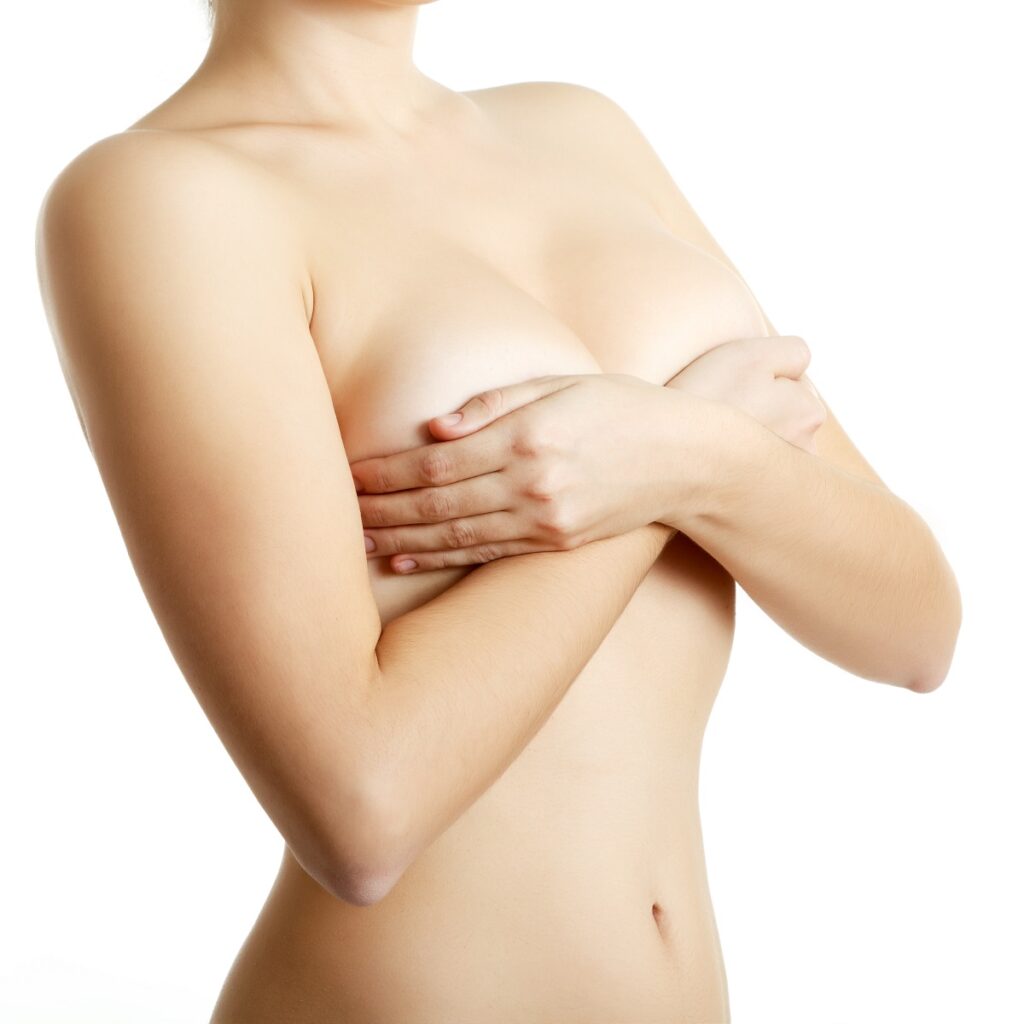Does Breast Sensitivity Change After Plastic Surgery?

Breast augmentation techniques have evolved and have been refined over the years. Obtaining the natural look you desire is now easier than ever. Many women seek the positive appearance enhancement and confidence boost that may come as a result of breast augmentation surgery but wonder if they will lose nipple sensitivity after surgery. Patients want to look great but also retain feeling. Let’s explore these concerns!
Temporary Sensitivity Changes Are Common
Many patients experience changes in sensation after breast augmentation surgery. However, for the vast majority of women these changes are temporary. After surgery, changes in nipple sensitivity due to swelling are common. Most women initially experience sensation changes in one or both nipples or in the skin under the breast. This may begin with localized hypersensitivity or numbness, but most patients notice sensation return within a few hours.
Implants can stretch or put pressure on the nerves that create nipple sensation. This may cause irritation, hypersensitivity or discomfort. It’s normal for some patients to experience shooting pains, or a burning sensation in the nipples as the nerves recover.
Within a few weeks or months, normal sensation typically returns as the breasts heal. Permanent changes in nipple sensitivity are uncommon, occurring in less than 5% of patients. Full recovery may take time but complete loss of nipple sensitivity after breast augmentation surgery is rare.
Ways to Reduce Risk
Choosing appropriately sized implants can decrease the odds of long-term sensitivity issues. Patients who choose larger sized implants are more likely to experience a loss of nipple sensation loss since the tissue must be stretched a significant amount. Body type can also be a factor, as smaller framed women or women with smaller breasts also require a more significant stretching of the skin. Implant position, incision site and general health history may also be contributing factors in risk levels for long-term breast sensitivity change. For example, smokers may have a higher complication risk. Women who have breastfed may be at lower risk since breast tissue may have already lost some elasticity.
The most important thing in terms of full recovery is following postoperative guidelines, including dressing instructions, hydration, good nutrition, supportive bras as directed, exercise limitations as directed and medications as prescribed.
For most women, long-term nipple and breast sensitivity damage will not occur. Be sure to discuss your concerns with a qualified cosmetic surgeon before pursuing surgical options. Looking and feeling great within your new body while maintaining your breast health is a realistic goal.
How to Learn More
We are happy to answer your questions about breast augmentation surgery. To schedule a one-on-one consultation with Dr. Greenwald, please contact one of the New York offices in Harrison, Carmel or Manhattan.
